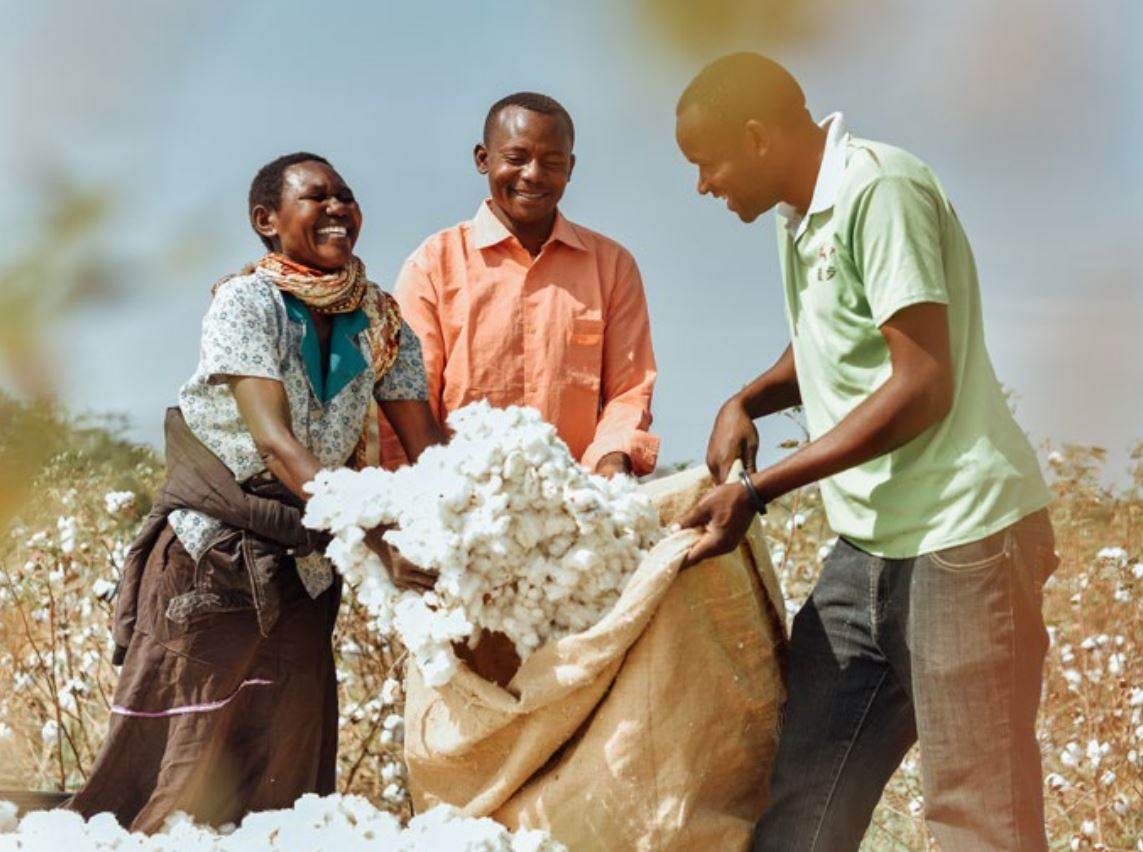In-demand Cotton made in Africa can make globalisation 'fairer' - Otto

Around 80,000 more tonnes of Cotton made in Africa (CmiA) cotton were processed in 2022 than in the previous year, according to Aid by Trade Foundation (AbTF), and 890 million textiles were brought to market under the CmiA label.
The standard generated licensing revenue of €4.5 million for owner AbTF while rising international demand for CmiA- and CmiA Organic–verified cotton resulted in partnership fees increasing to a total of €1.14 million, which is 27% higher than in 2021.
CmiA expanded its market network, with new partners international cotton trading companies, spinning mills and textile processing companies.
Prof Michael Otto, head of the AbTF, said: “The continued rise in demand for sustainable cotton confirms my belief that the process of transformation requires trade and that protectionism and barriers to trade are counterproductive.
“If we bring commerce into harmony with our values, trade can be an important lever for making globalisation fairer, making societies more resilient to crises, and creating new opportunities for sustainable development throughout the world.
“CmiA licensing revenue is not only used to benefit small-scale farmers in Sub-Saharan Africa but also plays a major role in restructuring the textile value chain to become more sustainable.”
During 2022, CmiA extended its Hard Identity Preserved (HIP) tracking system, which makes it possible to trace the entire journey of cotton from ginnery to final product. “Policy changes such as the law demanding due diligence in supply chains in Germany, or the planned Digital Product Passport in the EU, are also major drivers towards equitable and responsible value chains,” added Prof Otto.
Around 900,000 farmers are part of the CmiA scheme, and 40% of cotton grown in Africa is CmiA verified.










